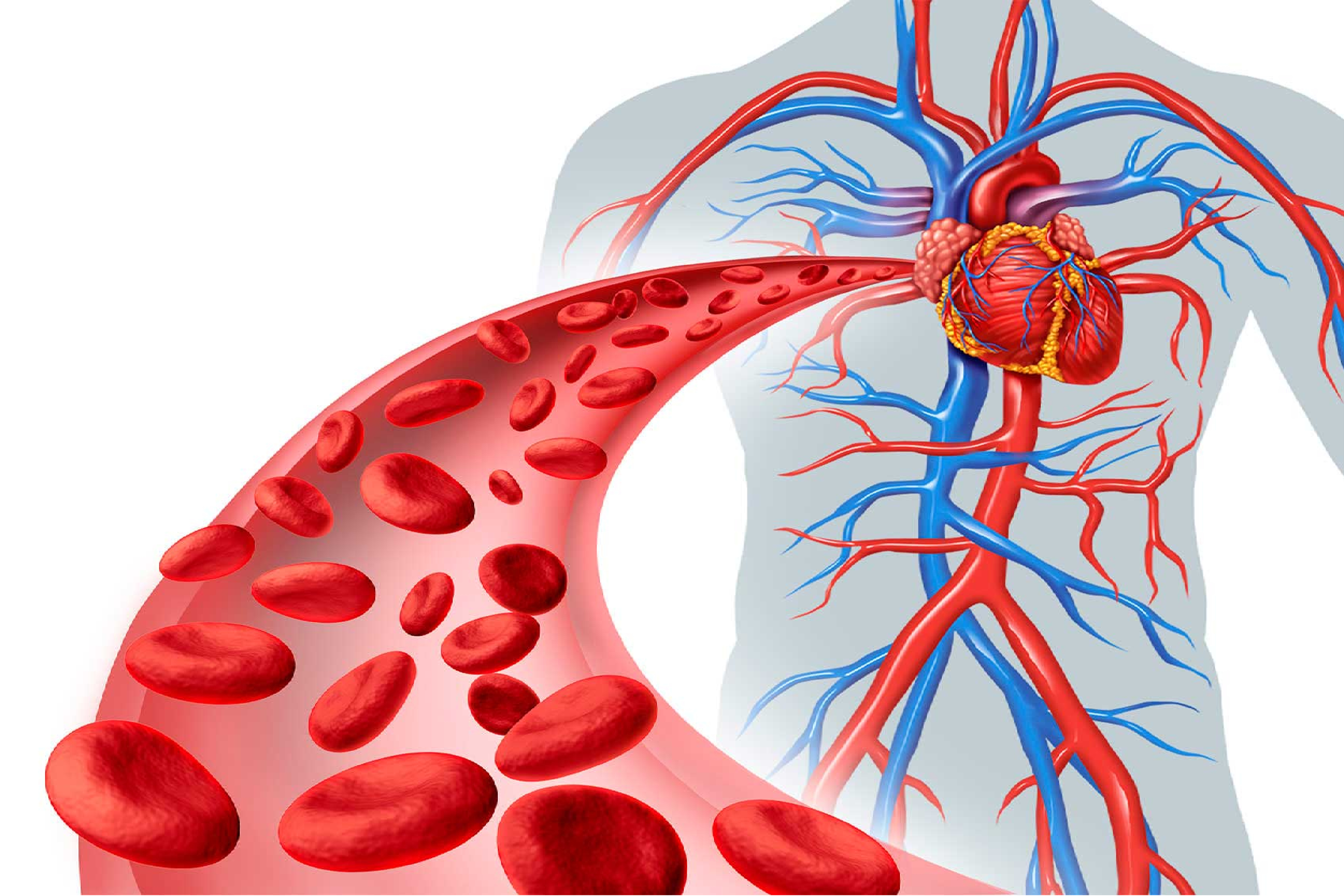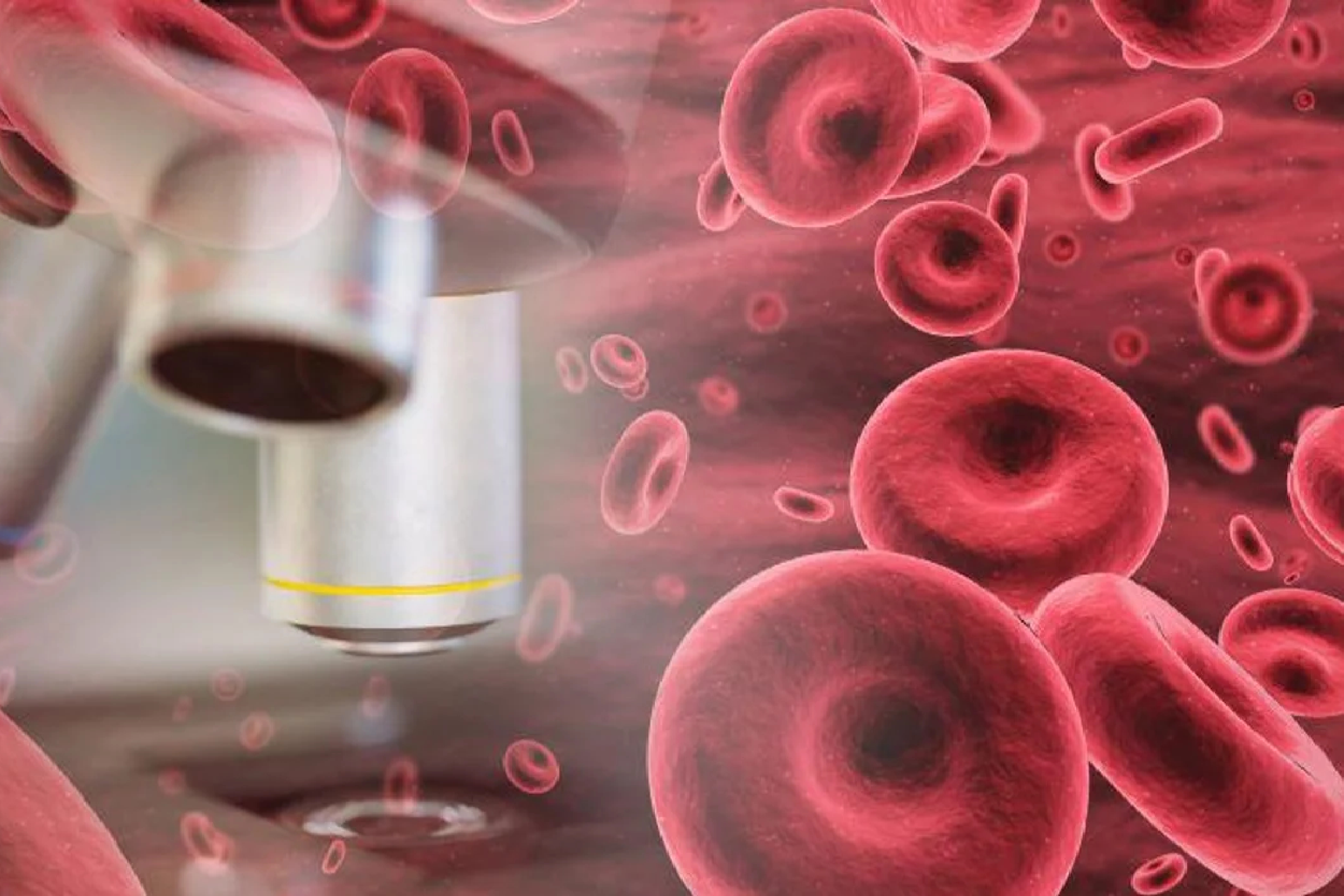A hematopathologist is usually board-certified in both anatomical and clinical pathology and has additional years of training in hematopathology. Hematopathology is not only the study of disease of the blood and bone marrow. It is also the study of the organs and tissues that use blood cells to perform their physiologic functions. These include the lymph nodes, the spleen, thymus, and other lymphoid tissue. The hematopathologist focuses on the diagnosis of conditions of the hematopoietic and lymphocyte-rich tissues. This is usually done by direct exam of tissue and blood in the lab.
- Hematologists focus largely on lymphatic systems and bone marrow and may diagnose blood count irregularities or platelet irregularities
- Hematologists treat organs that are fed by blood cells, including the lymph nodes, spleen, thymus and lymphoid tissue.
- The area of hematologic malignancies is concerned with the diagnosis and treatment of cancers of the bone marrow, blood and lymph nodes.
Hematologists treat all kinds of blood diseases. You may see a hematologist if your primary care provider recommends you see a specialist because your blood tests show abnormal blood cell count or coagulation levels.
Hematology is on the forefront of the most dynamic developments in the area of molecular medicine, including development of individualized targeted therapies and technology advancements such as genome editing, gene and cellular therapies, and immune-based treatments.
Hematology is a branch of internal medicine that deals with the physiology, pathology, etiology, diagnosis, treatment, prognosis and prevention of blood-related disorders. Hematologists focus largely on lymphatic systems and bone marrow and may diagnose blood count irregularities or platelet irregularities.

